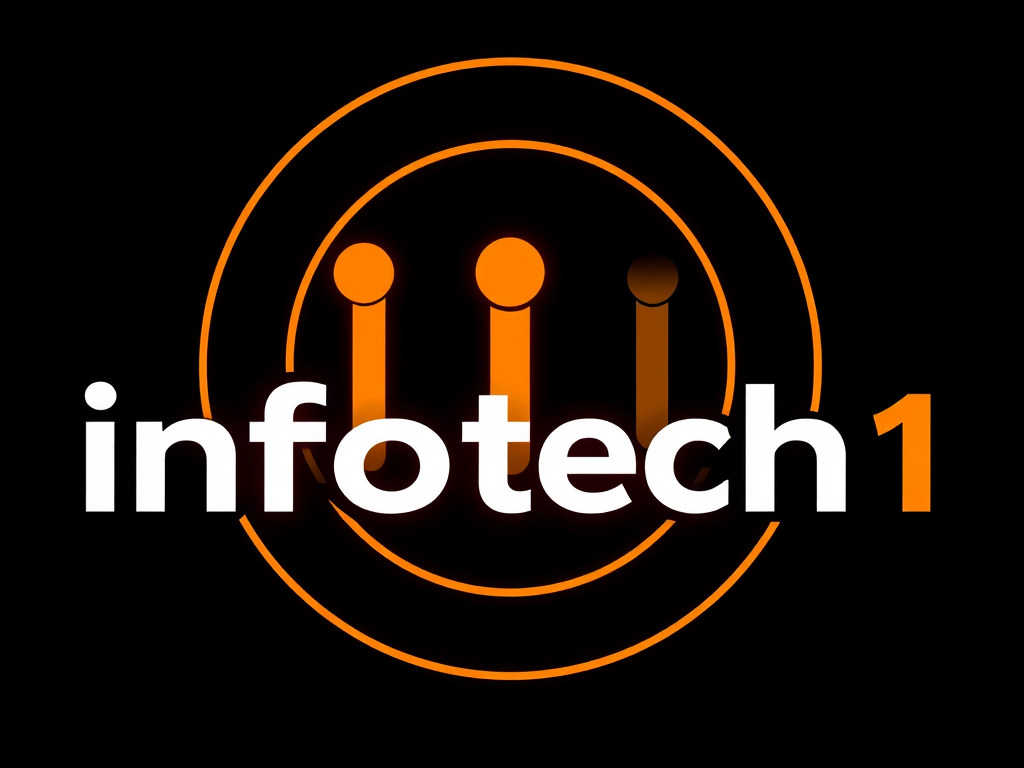UK Computing Innovations: Historical Milestones and Pioneers
British technology pioneers played a foundational role in shaping UK computing history, setting milestones that influenced the global tech landscape. Early computer development in the UK dates back to the mid-20th century, marked by groundbreaking machines like the Colossus, which was vital for codebreaking during World War II. This invention indicated how British ingenuity could merge practical needs with advanced computing concepts.
Key figures such as Alan Turing and organizations like the National Physical Laboratory advanced theoretical and applied computing. Turing’s work on the Turing machine laid conceptual groundwork still relevant in computing theory today, showcasing the UK’s dominance in formulating early computing principles.
In the same genre : The influence of video game evolution on contemporary uk computing education
The emergence of early hardware and software developments in the UK led to innovations that later influenced video games. British researchers focused on creating efficient, adaptable machines and programming approaches. These efforts directly contributed to the evolution of computing in households, establishing a platform from which the UK’s gaming technology blossomed. Understanding these milestones clarifies the UK’s critical role as a pioneer in the early stages of computer and gaming technology.
Essential UK Hardware Contributions to Modern Gaming
British hardware played a pivotal role in shaping video gaming, particularly through pioneering home computers like the Sinclair ZX Spectrum and the BBC Micro. These devices democratized access to computing, bringing gaming into countless UK households. The ZX Spectrum’s distinctive graphics and sound capabilities made it a favorite platform for early game developers, fostering a vibrant game creation culture in the UK.
Also read : Exploring the uk’s gaming industry: tackling mental health challenges
The BBC Micro, developed by Acorn Computers, featured robust architecture promoting education and programming skills. This device’s influence extended beyond the UK, inspiring hardware design and game development techniques globally. British hardware innovations often prioritized affordability and accessibility, enabling a broader audience to engage with games during the early 1980s.
Notable UK devices established hardware norms that influenced the global game industry’s evolution. Elements such as memory management and graphics processing architectures from British home computers can be traced in modern gaming consoles and platforms. The enduring legacy of British computer engineering persists as these foundational devices continue to inspire hardware design principles favored by contemporary developers.
Essential UK Hardware Contributions to Modern Gaming
British hardware played a seminal role in shaping the home computing scene and, by extension, the evolution of video gaming. Two notable UK devices—the Sinclair ZX Spectrum and the BBC Micro—were pivotal. The ZX Spectrum, launched in 1982, became wildly popular due to its affordability and accessible programming capabilities, encouraging a generation of game developers. The BBC Micro, created primarily for educational use, boasted more robust hardware and became a platform for more complex software, influencing early game design and development.
British hardware architectures offered distinct advantages, such as cost-effective design and user programmability, fostering creativity in game development. These home computers introduced many users to basic programming, embedding the roots of the British software ecosystem. The architectural choices and the ability to run diverse software directly impacted global game development trends, as developers worldwide studied these designs.
The legacy of British computer engineering remains visible in contemporary gaming platforms. The emphasis on versatile, user-friendly hardware laid a foundation for subsequent innovation, highlighting the enduring influence of UK computing history in the gaming world.
Software, Programming Languages, and Tools from the UK
British software development has played a vital role in the evolution of the gaming industry by introducing programming languages and development tools that set foundational technical standards. A notable example is the UK-specific implementation of BASIC, which was widely used on home computers like the Sinclair ZX Spectrum and BBC Micro. This accessible language empowered many budding programmers and game creators by simplifying code writing and debugging.
Beyond programming languages, early British innovation included game engines and development tools that streamlined game production. These tools promoted modularity and reusability, making complex game design more manageable and accelerating creative workflows. UK-developed software often emphasized user-friendly interfaces, which helped democratize game development.
The influence of UK software development is still evident today, as the frameworks and principles invented by British technology pioneers continue to inspire modern development environments and engine architectures. By leading in tool innovation and programming adaptability, UK computing history made enduring contributions to how games are built and experienced worldwide.
UK Computing Innovations: Historical Milestones and Pioneers
British technology pioneers spearheaded early computer development, driving critical breakthroughs that shaped UK computing history. Notably, Alan Turing’s conceptualization of the Turing machine became a cornerstone of theoretical computing, establishing frameworks still integral to computing today. Alongside him, organizations such as the National Physical Laboratory advanced both theoretical and practical computing efforts during this formative period.
The UK’s early innovations were not limited to theory. British inventors developed specialized hardware and software solutions tailored to wartime and later civilian needs, setting the pace for evolving computing paradigms. These advancements spawned new programming techniques and machine designs that directly influenced the nascent video game industry. For example, early British software solutions facilitated more efficient programming, while hardware built within the UK showcased adaptability and user-centric design.
Together, these pioneers and institutions created a fertile environment for innovation. Their contributions laid robust foundations, intertwining British technology pioneers’ vision with practical tools that propelled the UK to the forefront of computing evolution, impacting industries beyond national borders.
UK Computing Innovations: Historical Milestones and Pioneers
British technology pioneers have shaped UK computing history through key breakthroughs that laid the foundation for modern technology. Among the earliest milestones was the development of the Colossus machine during World War II—a notable achievement in early computer development that significantly advanced cryptanalysis. This pioneering device demonstrated practical computing’s potential, influencing successive innovations.
Central figures in this era included Alan Turing, whose conceptual work on the Turing machine provided theoretical underpinnings for computation itself. Organizations like the National Physical Laboratory further promoted research that bridged theory with application. These contributions spearheaded advances in programming and hardware design, directly impacting early software that later influenced gaming.
Early hardware and software breakthroughs in the UK, including specialized programming languages and evolving architectures, fostered an environment where gaming technology could thrive. British technology pioneers combined innovative engineering with forward-looking software development, establishing a rich legacy in the evolution of both computing and interactive entertainment worldwide.
UK Computing Innovations: Historical Milestones and Pioneers
British technology pioneers were instrumental in shaping UK computing history, achieving breakthroughs that propelled early computer development. Alan Turing’s theoretical work on the Turing machine remains fundamental to modern computing concepts, providing a framework still used today. Institutions like the National Physical Laboratory combined theory with practical efforts, advancing early computing hardware and software in the UK.
Early hardware developments included machines designed for specific wartime applications, which later influenced civilian computing and gaming technology. British inventors innovated programming techniques and machine architectures that enhanced efficiency and adaptability. These enhancements supported the rise of game programming by providing platforms with flexible software environments.
Moreover, British technology pioneers fostered a culture of innovation emphasizing user-oriented design and expanding computing accessibility. Their collective contributions established strong foundations in hardware and software that seamlessly bridged theoretical advances with practical applications. This synergy accelerated the UK’s prominence in computing history, influencing global technological trajectories beyond just gaming.
UK Computing Innovations: Historical Milestones and Pioneers
British technology pioneers spearheaded many foundational developments in UK computing history, driving early computer development critical to modern technology. One landmark was the creation of the Colossus machine during World War II, an early electronic computer designed for codebreaking. This innovation showcased Britain’s leadership in practical computing applications, influencing both wartime efforts and the future of digital machines.
Key figures such as Alan Turing not only conceptualized the Turing machine, which defined computation principles, but also contributed to pioneering programming methods. Organizations like the National Physical Laboratory furthered both theoretical advances and tangible hardware designs. These early efforts enabled breakthroughs in machine architecture and software frameworks that formed the backbone of later computer and gaming technology.
British technology pioneers combined inventive engineering with emerging programming techniques, which directly influenced the trajectory of game development. Their early hardware and software solutions offered adaptable platforms and capabilities, setting precedent for more complex interactive entertainment. This period cemented Britain’s role in shaping UK computing history through innovation that resonated worldwide.
UK Computing Innovations: Historical Milestones and Pioneers
British technology pioneers played a crucial role in early computer development, laying foundational stones in UK computing history. Key figures such as Alan Turing introduced groundbreaking theoretical concepts like the Turing machine, which remain central to computing theory today. Organizations including the National Physical Laboratory were instrumental in translating these theories into practical computing efforts, driving early hardware and software advances.
These innovations were not merely academic; they generated tangible early computing machines designed for critical applications such as wartime codebreaking. British inventors developed specialized hardware architectures that were adaptable and efficient, fostering an environment conducive to experimentation and growth in programming techniques.
Moreover, the synergy between hardware and software advancements enabled the UK to influence emerging industries, including the early video game sector. The pioneering work of British technology pioneers established foundational principles in computing technology. Their contributions extended beyond innovation, promoting accessibility and adaptability—key elements that shaped both the UK computing history and the path toward modern interactive entertainment.




